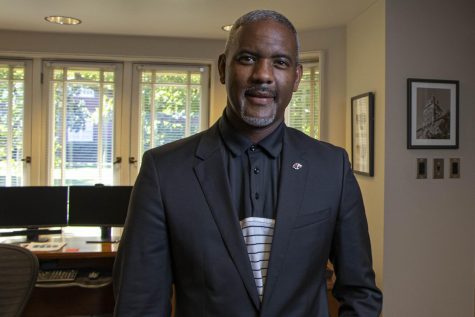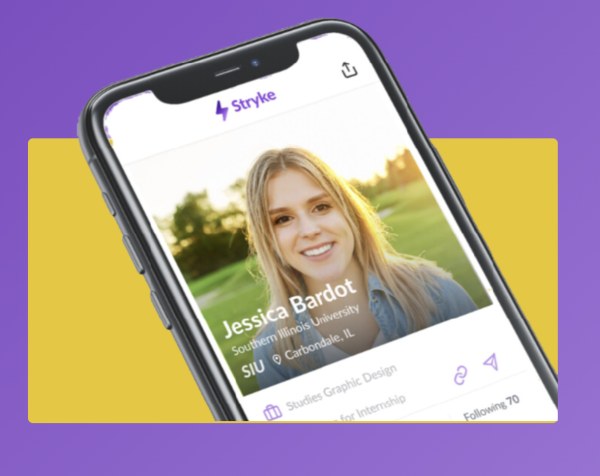Public Broadcast: completely funded – less dependent
During our time in the United States, we spoke to several journalists, producers and other people in the broadcasting department. One major issue we repeatedly heard about was how polarization in American society has changed and accelerated bias in news and vice-versa. Opinion segments get better ratings and consequently run at prime time, while objective coverage appears harder to find.
For us, who grew up watching German television, such a development seems logical but at the same time easy to avoid. While the US heavily relies on private networks such as MSNBC, CNN or FOX who try to please their respective audiences and thereby create and reinforce already existing echo chambers, the German media landscape is much more strongly influenced by public broadcasters.
While there are private companies running TV channels in entertainment and news, the two big Public Broadcasting Channels ARD and ZDF lead the overall ratings and ARD`s main News-Show “Tagesschau” has around 12 million viewers every evening (of Germany’s 83 million inhabitants).
Advertisement
Besides these two national public channels, there are regional outlets, as well as smaller stations that produce and support more niche and newer programs.
Deutsche Welle, an international TV station that is also quite popular here in the U.S., is also part of the ARD/ZDF network. In addition, cross-media podcasts, YouTube channels, social media presences and apps, that fulfill a certain educational mission are supported financially or by providing staff and space. The regional outlets are especially known for investigative documentaries that often, but not exclusively, arise from cooperation with privately-owned newspapers.
All of this is financed with the help of a mandatory monthly levy of 18.36 euros for every household. All in all, the public broadcast receives around 8 billion euros per year. The system is not free of criticism, of course. Representatives of the outside political spectrum feel they are not sufficiently represented and accuse the Public-Broadcast of lack of independence from government. Fans of the private stations criticize the competitive advantage and demand a freer market. For instance, some politicians prefer giving live interviews to public broadcast channels, knowing that they can reach a larger audience.
Nevertheless, the good ratings of most important programs show that a large part of society is satisfied with the system. For us personally, apart from the extraordinarily high-quality journalism, one of the most important advantages of fully financed public broadcasting is the opportunity to give a platform and space to young and lesser-known people with progressive, new or untested ideas that would not be profitable on the free market without public support.
Our time here has once again shown us how grateful we can be for independent and unbiased German news coverage.
Advertisement*
Advertisement














Steve Bailey • Apr 30, 2022 at 12:46 pm
I am puzzled by the emphasis on the need for young and lesser-know people with “progressive” thoughts to have a taxpayer funded base. One of the salient problems with American public broadcasting is the almost complete absence of any thoughts other than the “progressive.” Why is there no need for conservative or moderate thought? Most NPR shows are five liberals and a moderate, which is then sold as a balanced view. We need more thought from more people, not just young progressives.